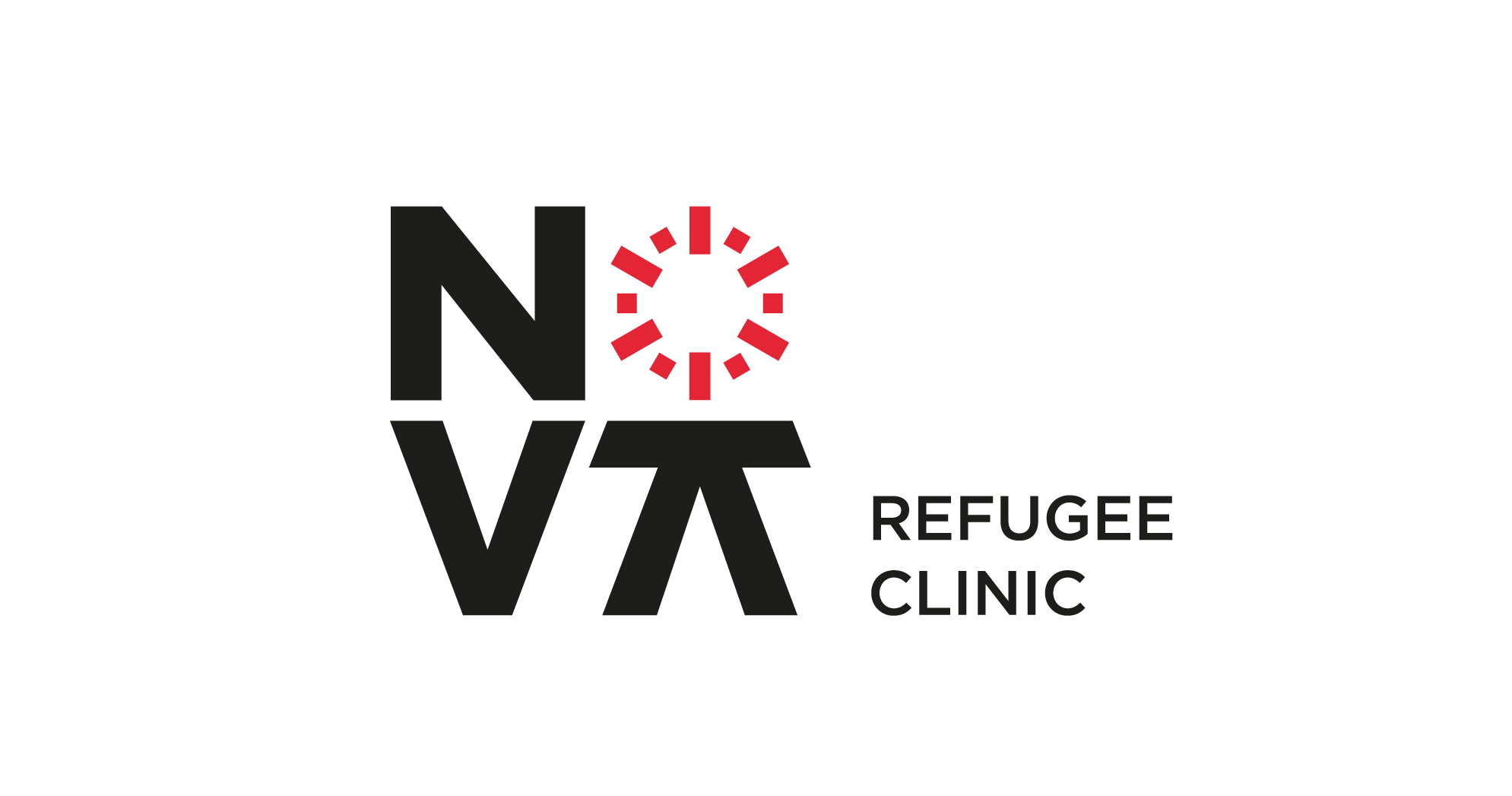Mariana Cavalheiro Galvão Abstract The use of migration for political purposes has raised concerns within the European Union. This blog post critically analyses the main EU policy and legal responses and proposals on the instrumentalisation of migration, emphasising the need for an approach centred more on individuals and less on the security of the EU. For these purposes, it examines
Carolina Moniz Pinto and Fernanda Leal [1] Abstract The term “vulnerability” has become increasingly important in academic literature, law and policy, and international debates on migration and asylum. This blogpost explores the different understandings of vulnerability and argues for the need to follow a holistic and structural approach. Keywords: vulnerability, refugees, asylum, migration, CEAS The term “vulnerability” has become increasingly important
This blogpost aims to analyse the importance of solidarity in European Union Law through the lens of migration policy. It highlights the different approaches to migration ‘crises’ from 2015 to the most recent Ukrainian refugee outflow, questioning the interpretation of this principle and pointing out the flaws in its use. In this analysis, it questions civil society’s role in responding to migration ‘crises’, and how it impacts the choices of European Union Member States regarding their own solidarity obligations.
This blogpost outlines the research agenda of the ‘Migration and Civil Society’ line of investigation, which aims to explore the relationship between EU law and pro-migrant civil society actors. Without being exhaustive, it foregrounds four ways in which this relationship can be approached. The first possibility is to analyse EU law’s understanding of civil society actors’ participation in EU institutional life. The second is to examine EU law’s approach to these actors’ pro-migrant acts of assistance. The last two possibilities require a shift from institutional to civil society perspectives, by examining their critiques of EU law and their strategies of EU legal mobilisation.
The link between the migratory phenomenon and its influence on the cultural, economic and social development of the destination countries is poorly debated today, although its importance is increasingly noticeable. Mobility is an inherent characteristic to all of us and the contribution of migrants in destination countries is undeniable.
Emellin de Oliveira[1] No dia 18 de dezembro de 1990 foi adotada pela Assembleia Geral da ONU a Convenção Internacional sobre a Proteção dos Direitos de Todos os Trabalhadores Migrantes e dos Membros das suas Famílias. Esta Convenção, de acordo com o anunciado em seu preâmbulo, foi desenvolvida a considerar “a situação de vulnerabilidade em que frequentemente se encontram os







